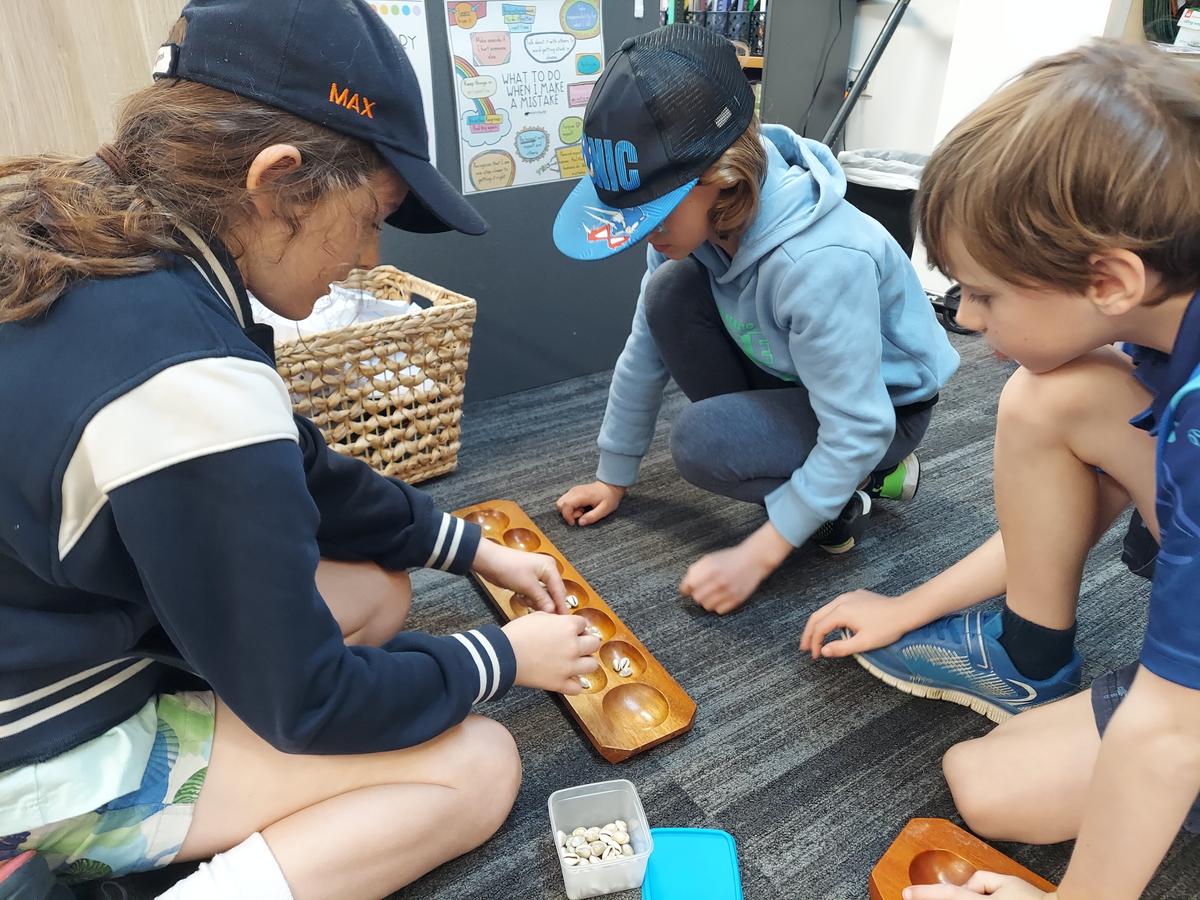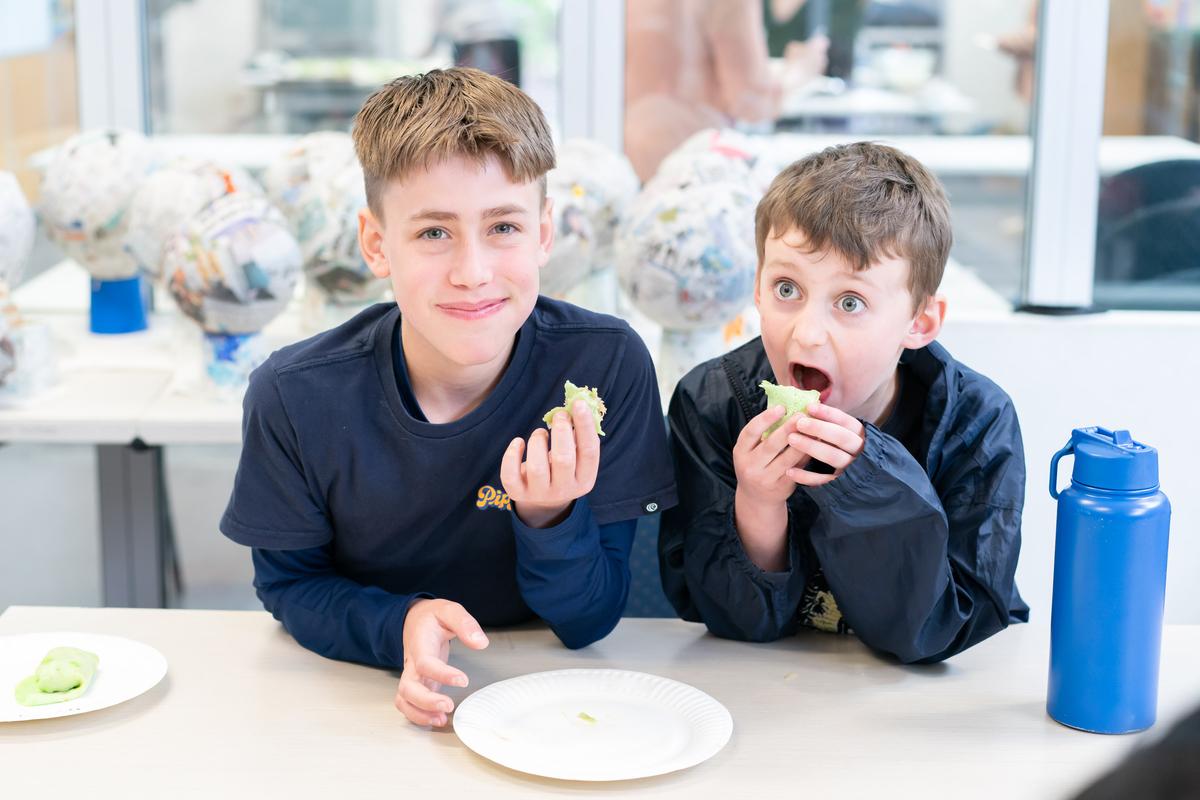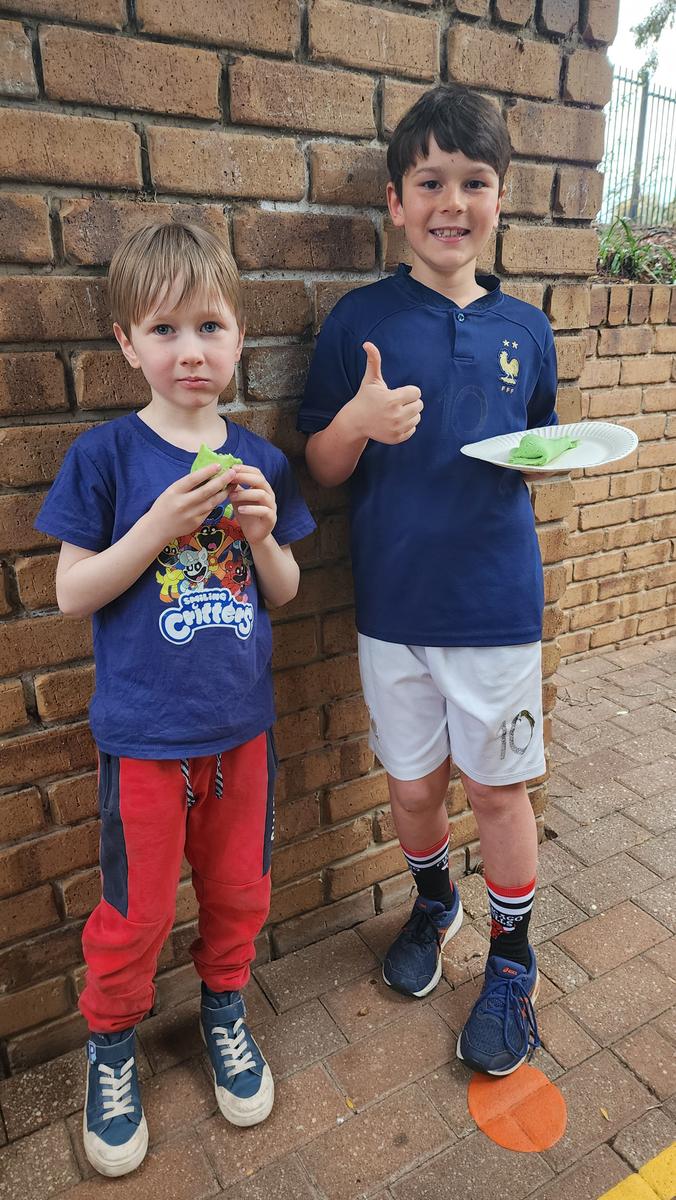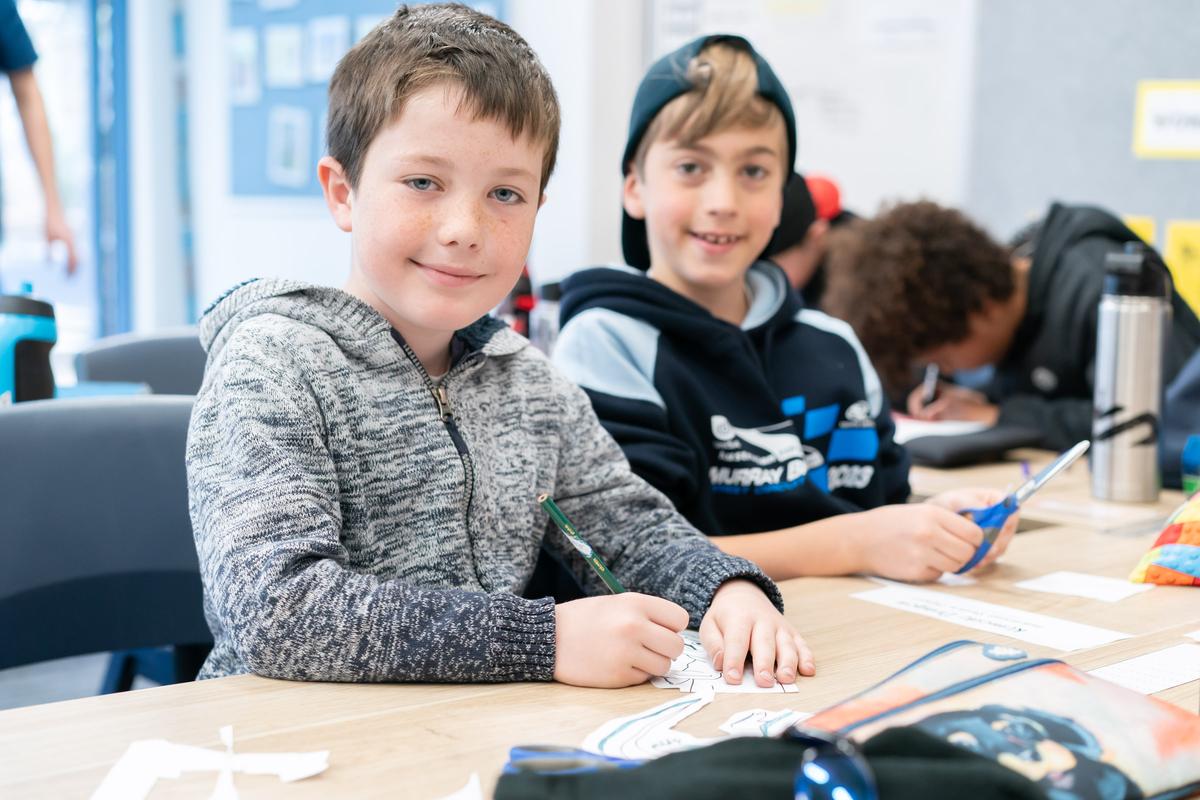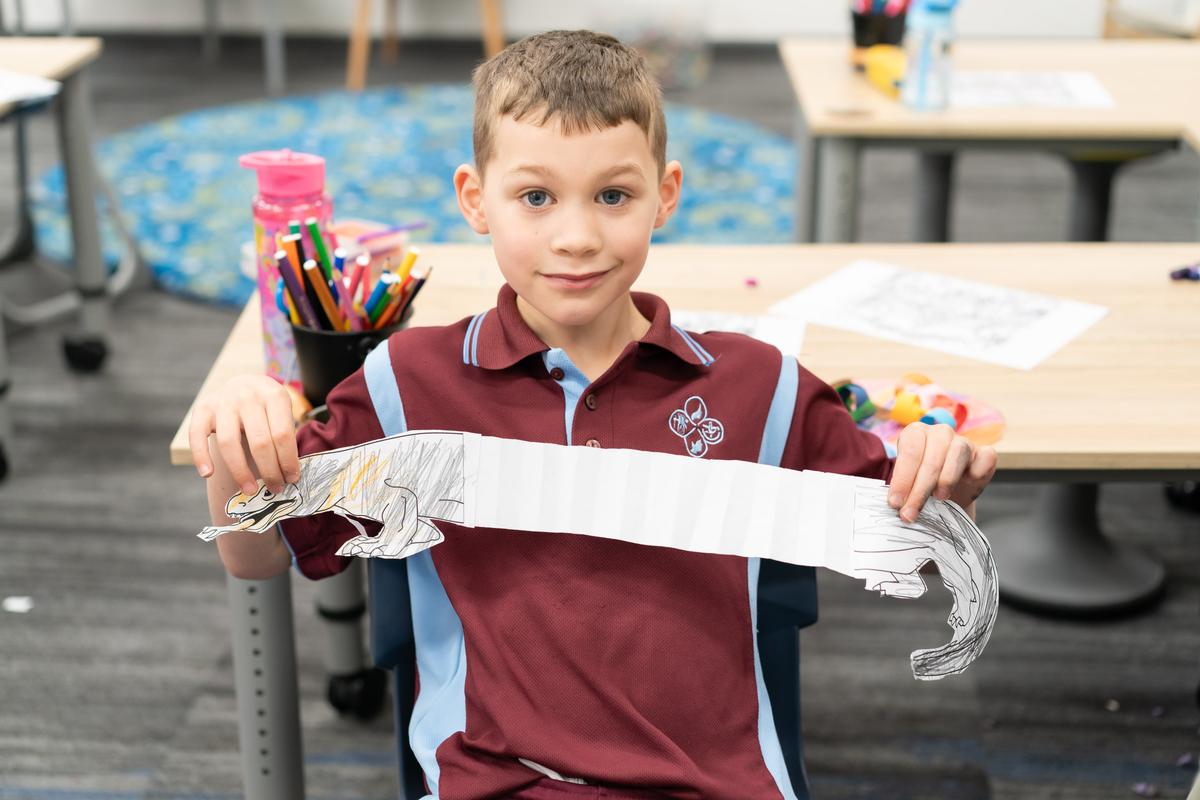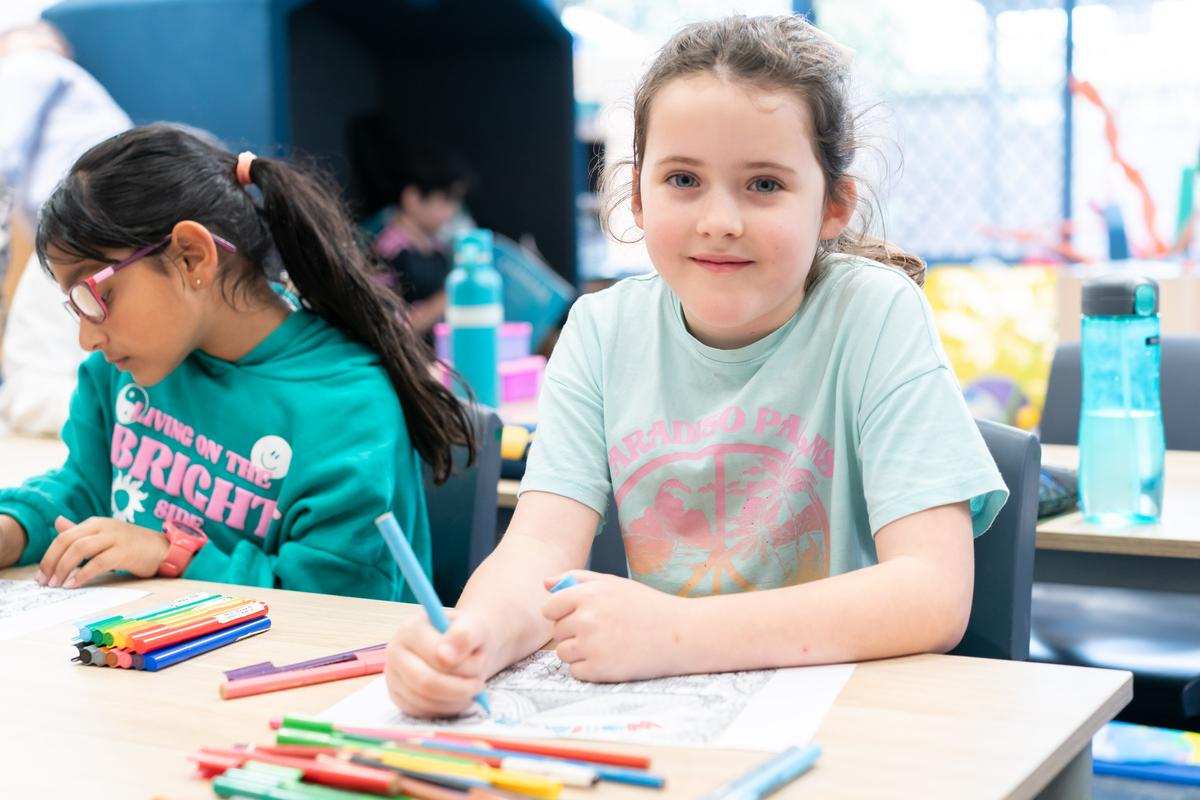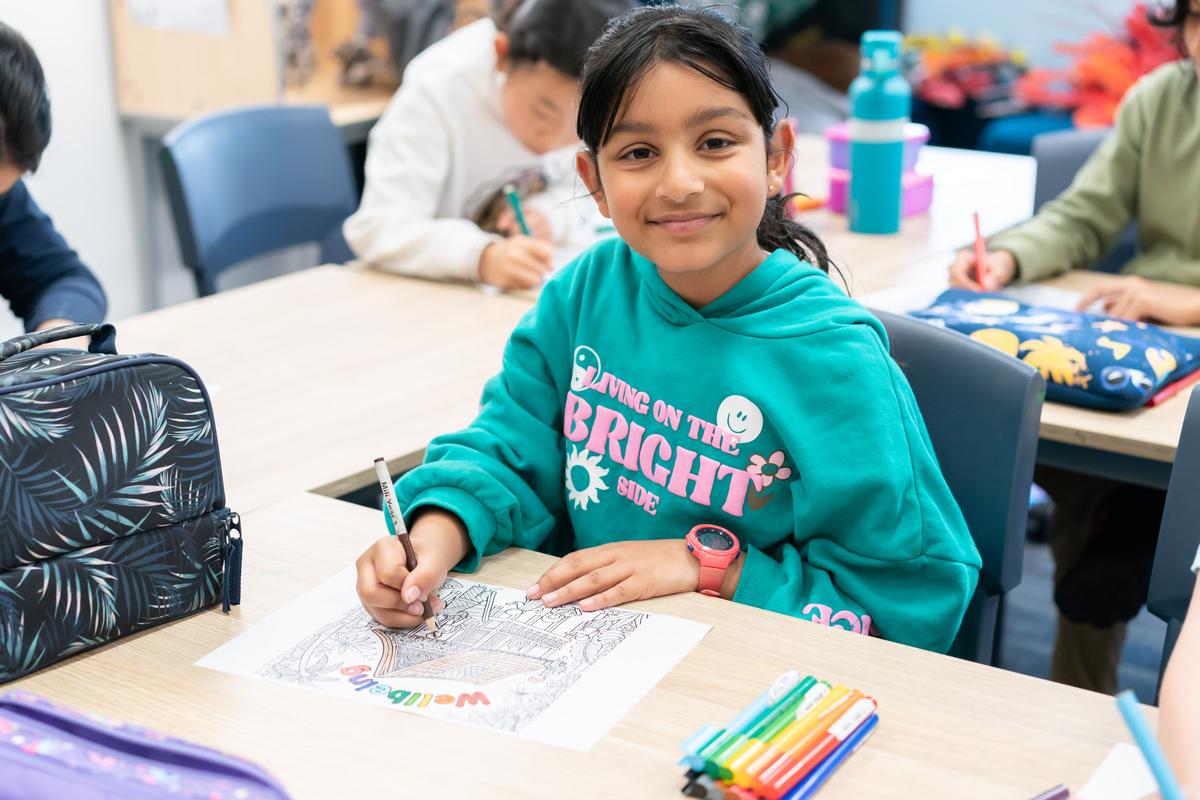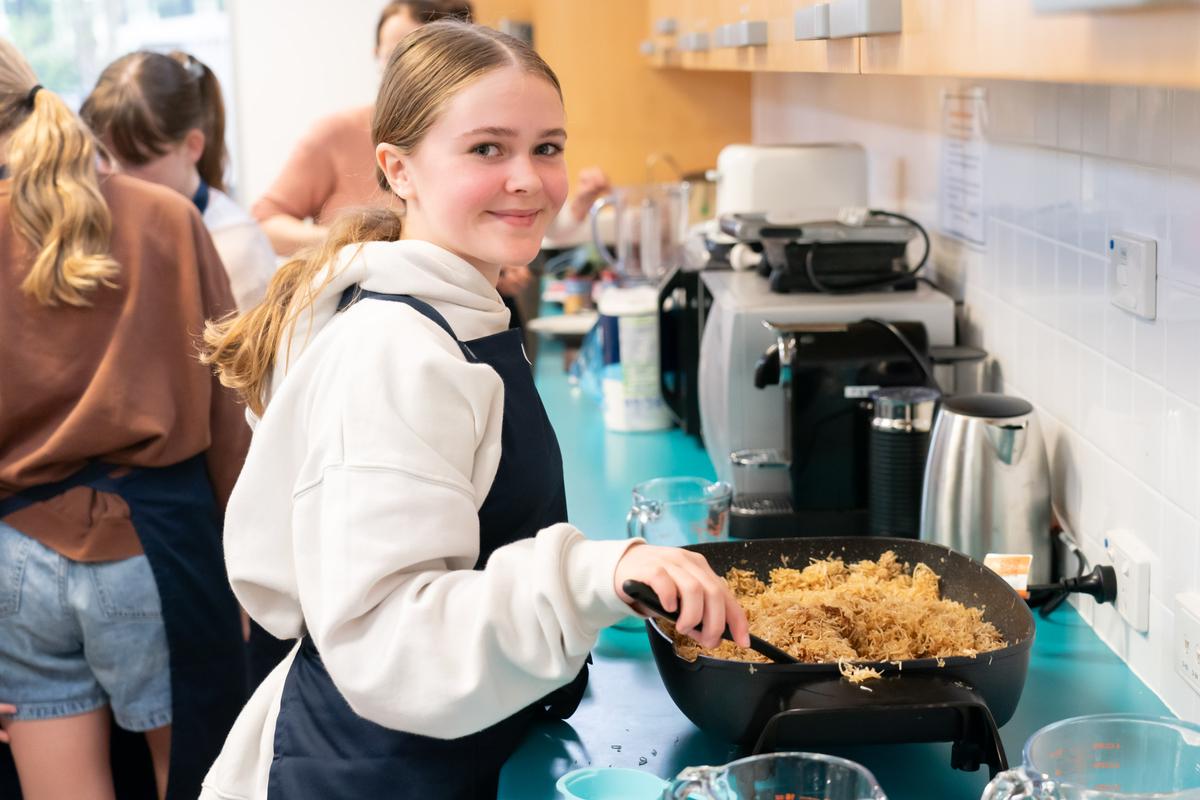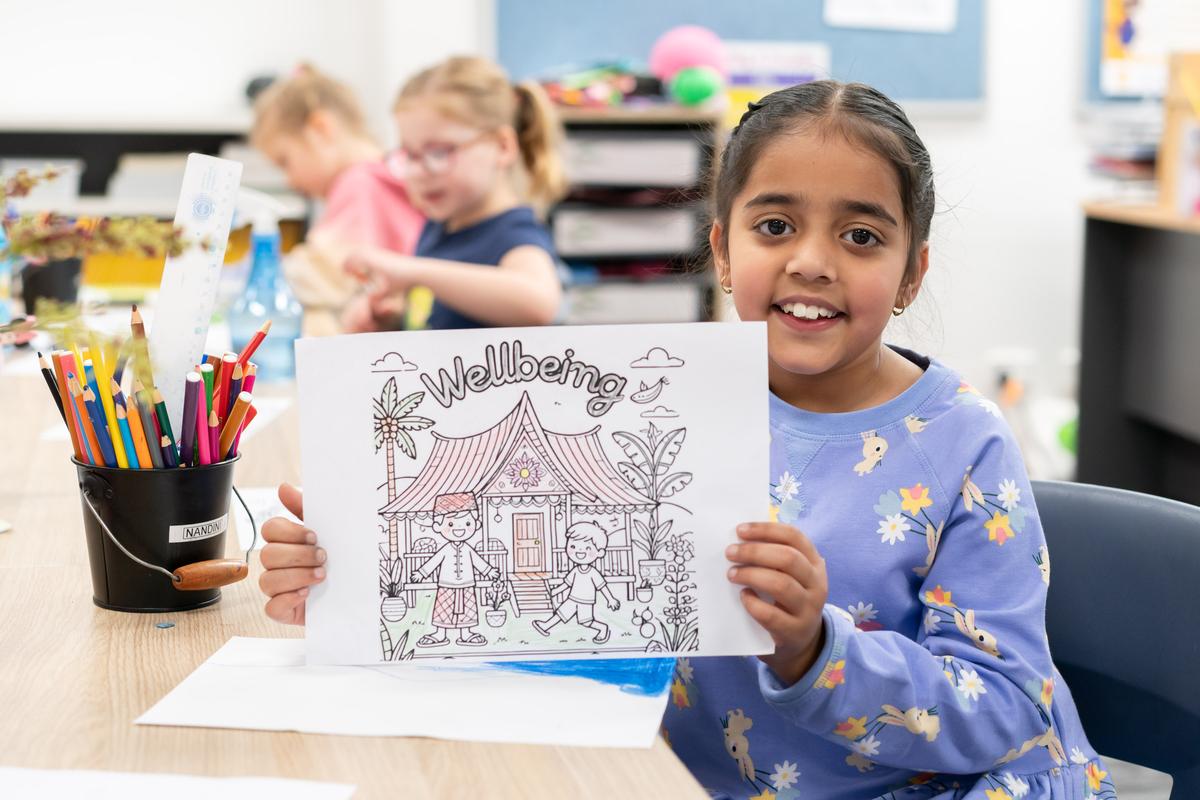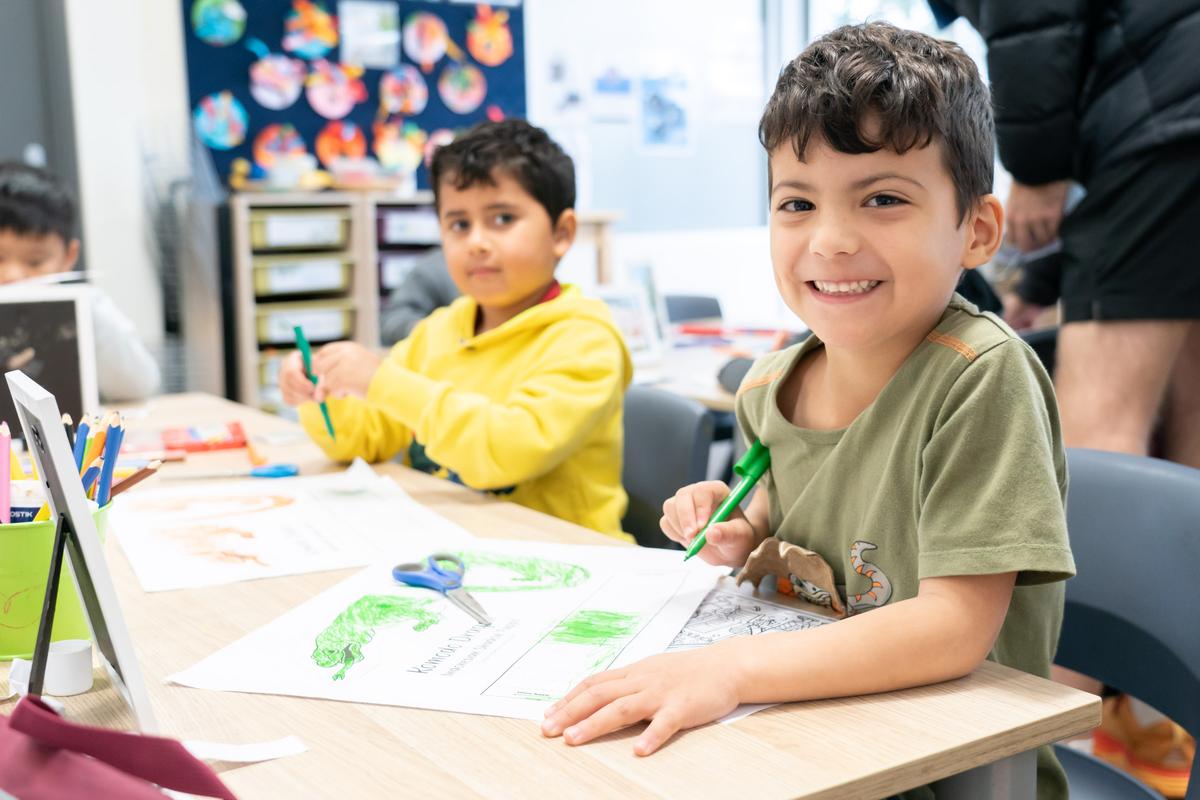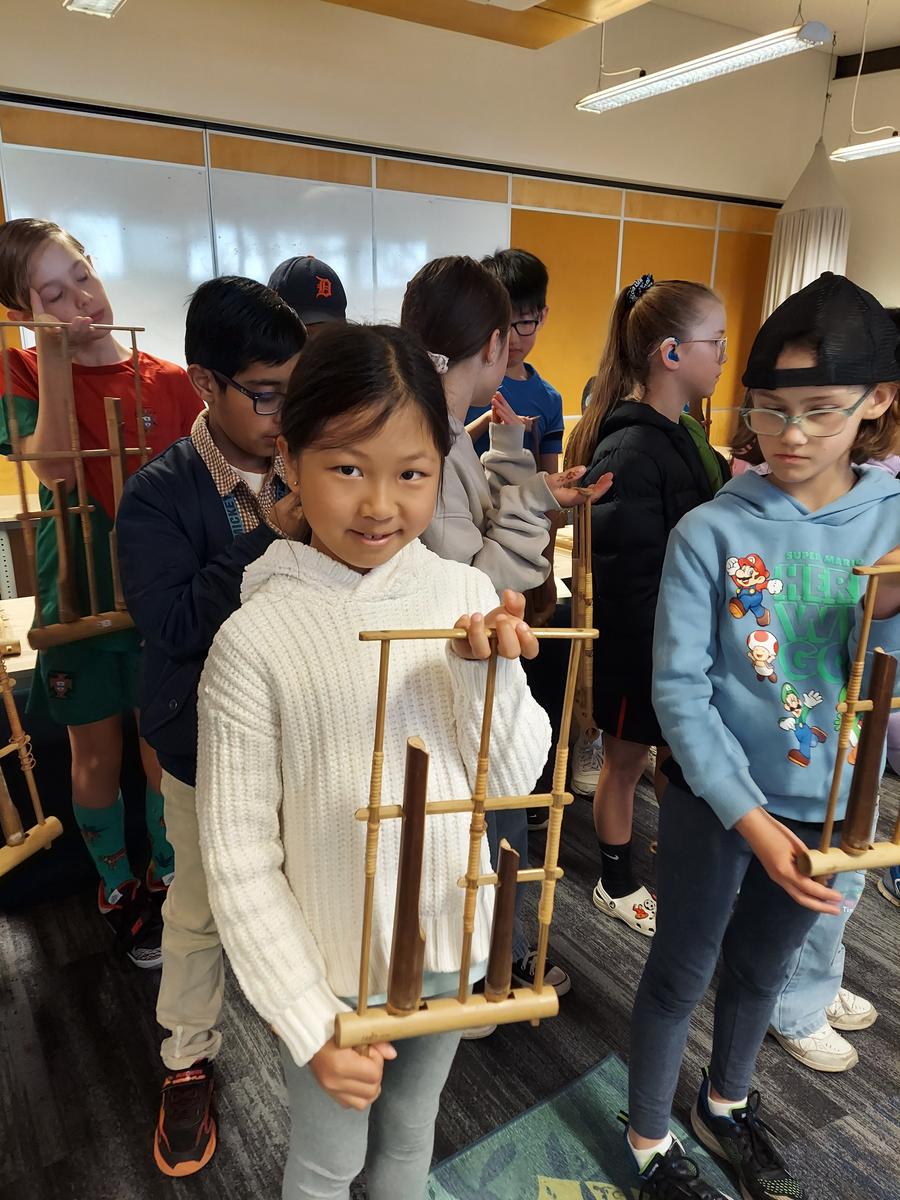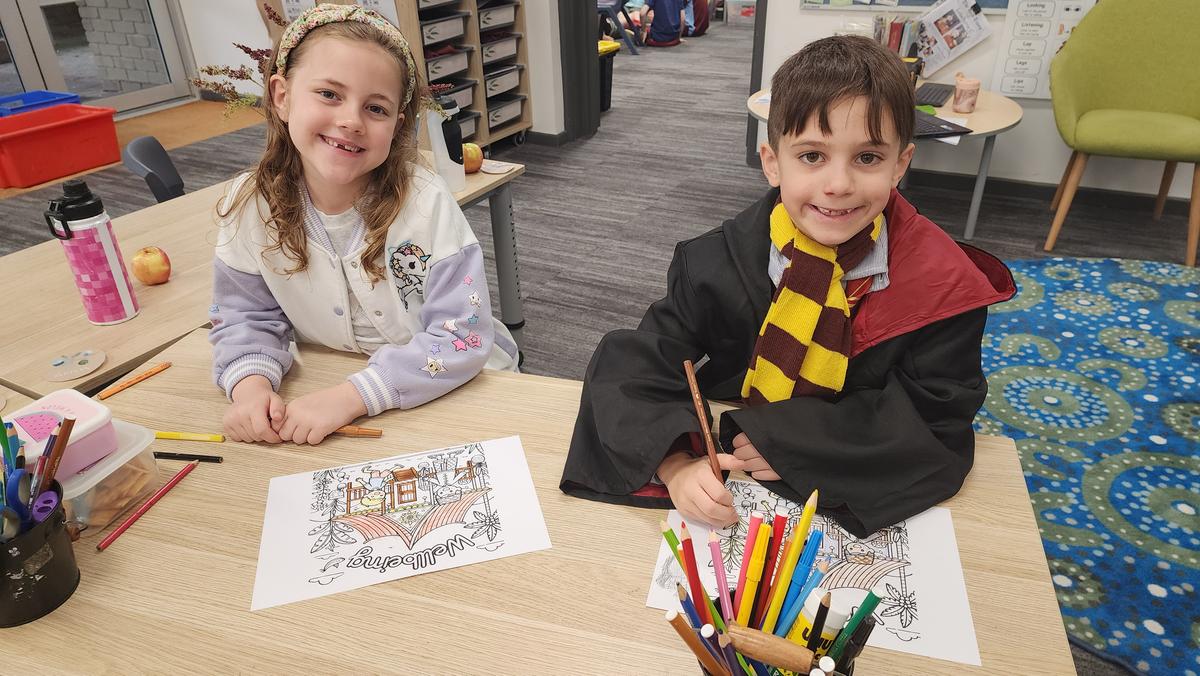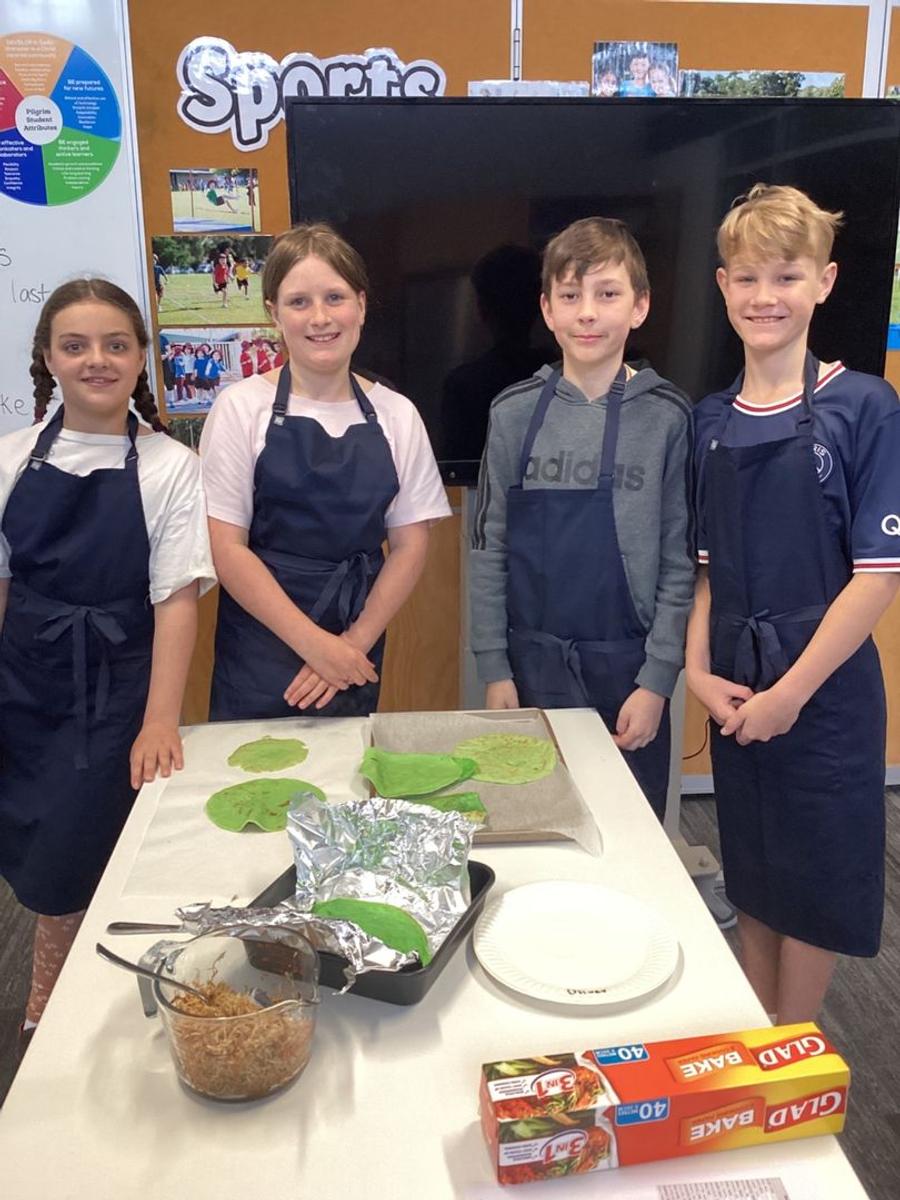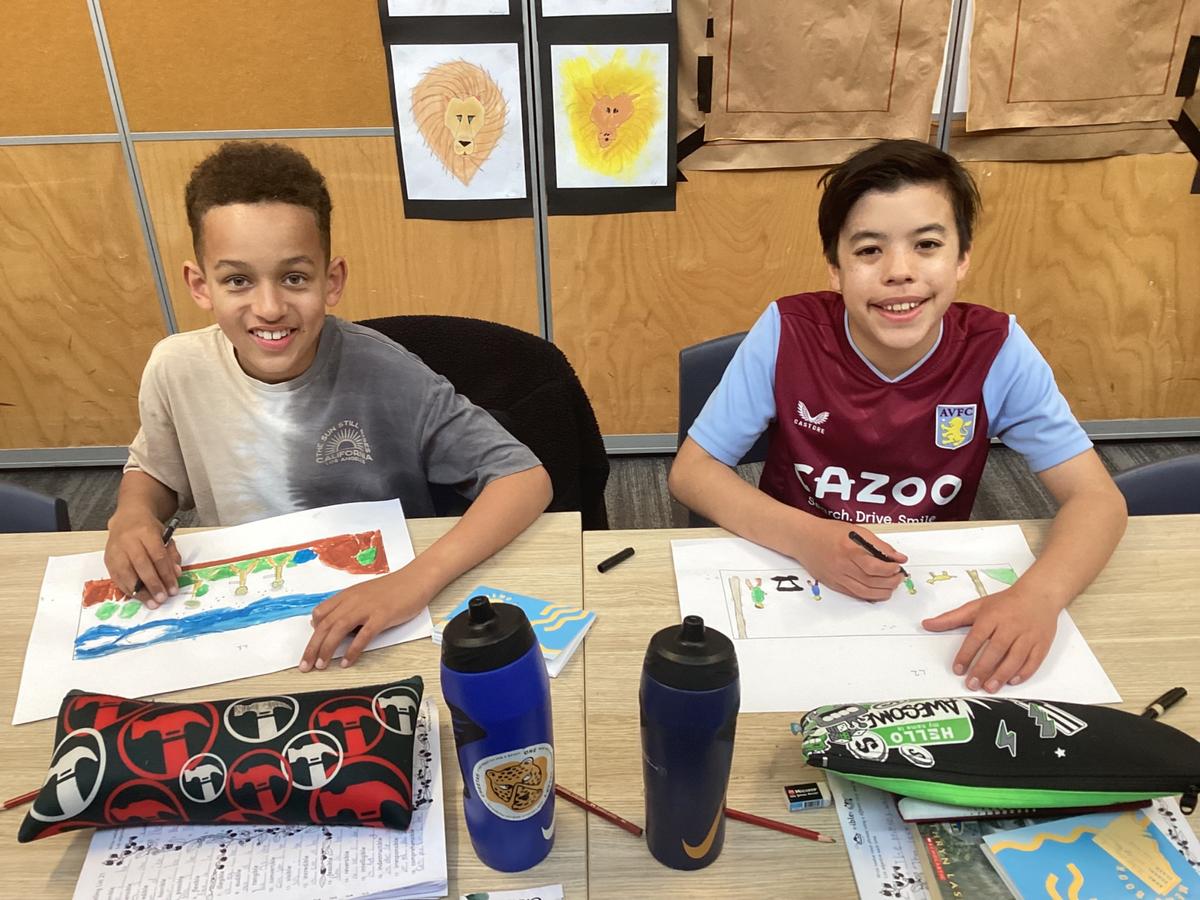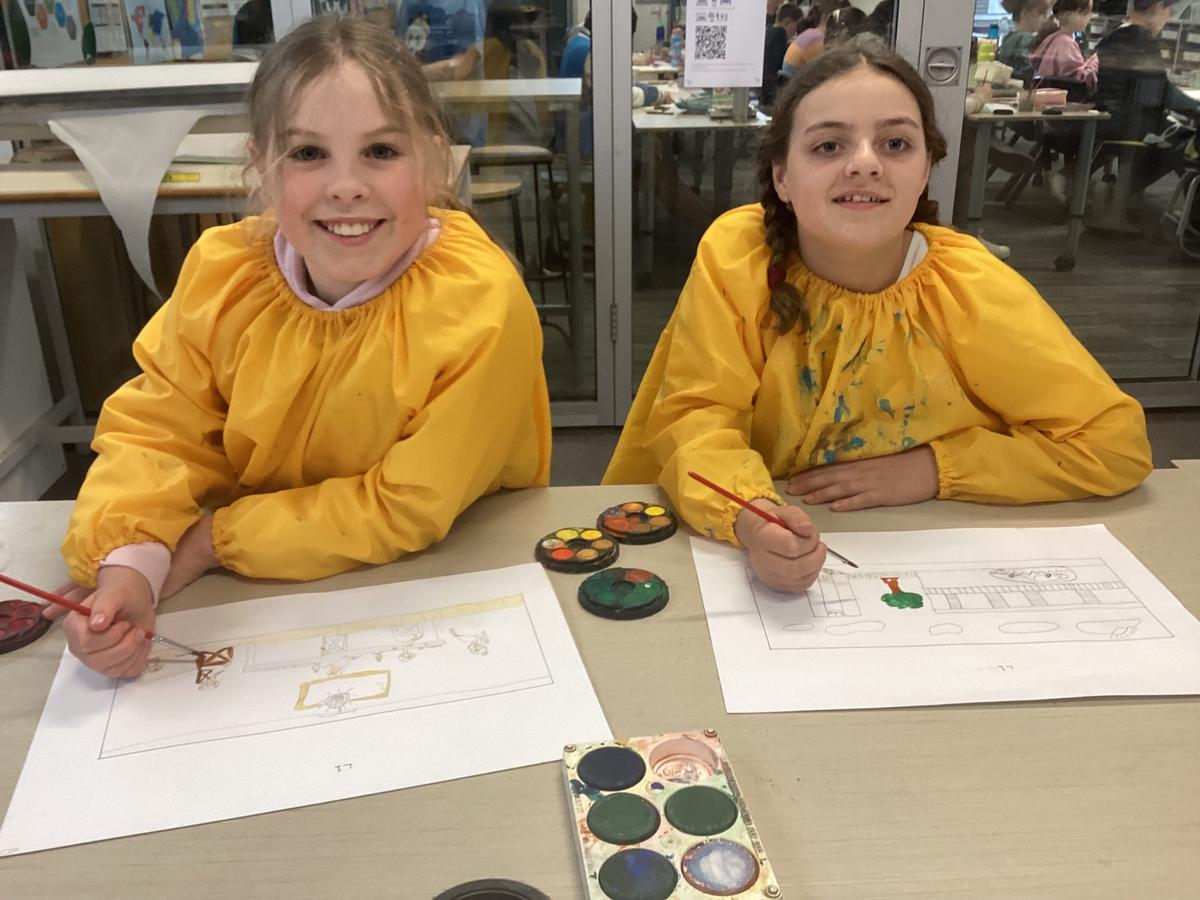Wellbeing
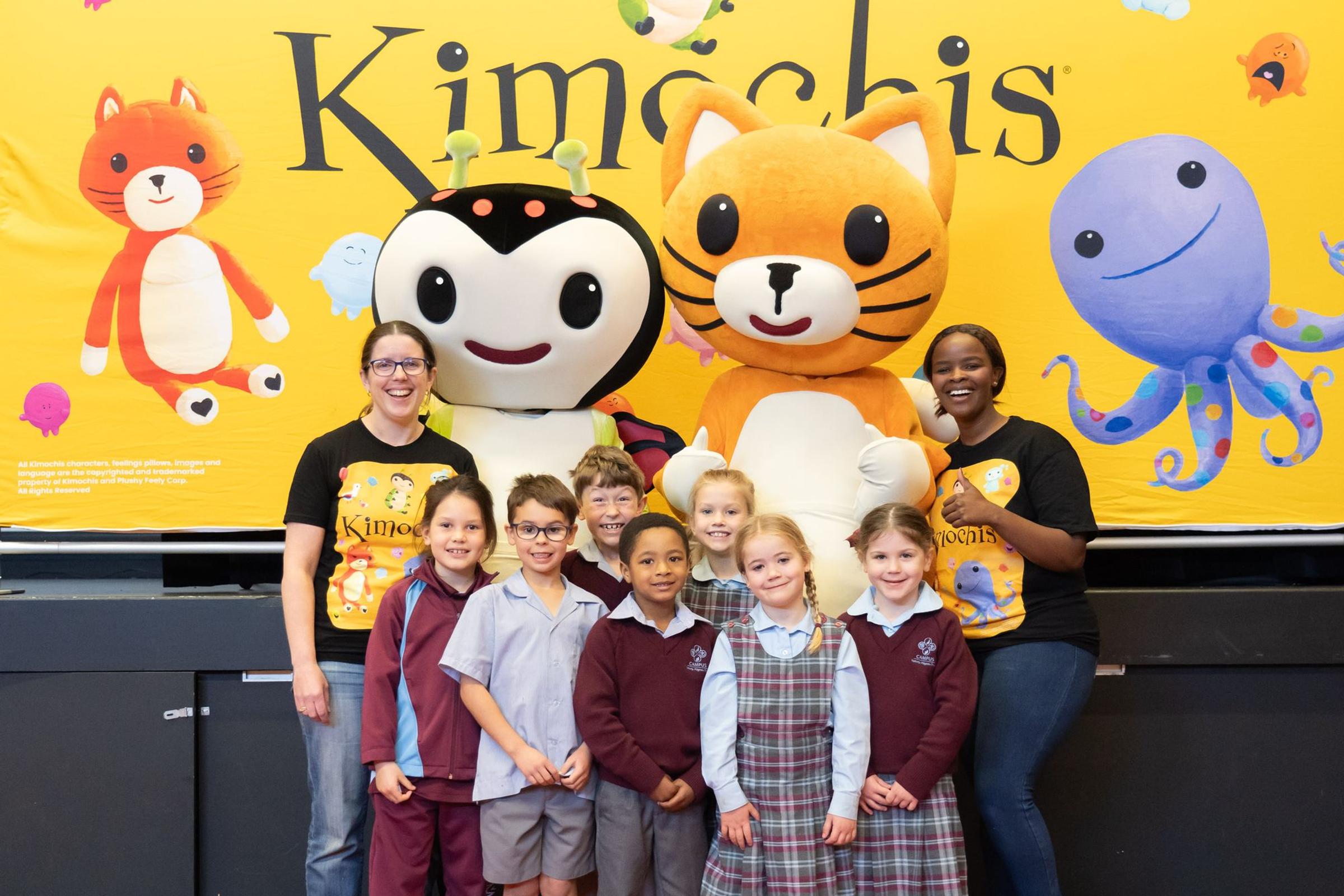
Student Wellbeing Request Form
At Pilgrim School, we have set up a 'Student Wellbeing' referral process using Google Forms, to support communication and professionalism across wellbeing for our student community.
Our team will work closely with the teachers and Leadership Team to identify students who are at risk and require mental health or emotional support. We have created a referral process which allows us to keep a record of students who require such support.
Once a referral has been made, the Wellbeing Team will arrange to meet with the student at an agreed time. Our team will ensure high communication with the teachers, Leadership Team and the parents of the student to create a holistic and ongoing support plan for the student when appropriate, whilst still maintaining confidentiality for the students.
It is important that this process is used on a 'needs' basis. All student wellbeing concerns should be communicated to class teachers first. If further attention is deemed necessary, a wellbeing request can be made.
Please remember, this form should only be used for student wellbeing requests, not for any other behaviour reporting process.
This form can also be accessed from our website under Wellbeing in the 'Learning' tab.
Wellbeing Day
On Friday 6th September, Pilgrim School held its second Wellbeing Day for the year. Our students embarked on an enriching cultural journey with Indonesia as the theme, creating a vibrant and engaging experience for everyone. The day was filled with an array of activities designed to immerse students in Indonesian culture.
Year 3 to 6 students had the exciting opportunity to participate in cooking sessions where they learned to prepare a traditional Indonesian sweet treat, exploring the rich flavours and culinary techniques of this diverse country. Meanwhile, all students enjoyed a variety of Indonesian games, unique art projects, and participated in music lessons that highlighted the rhythmic and melodic elements of Indonesian culture.
In addition to the hands-on activities, students had the opportunity to order authentic Indonesian cuisine from Ninin’s Indo Street Food. This provided a delicious and tangible connection to the day's theme, allowing students to experience the diverse and vibrant flavours of Indonesian street food.
Overall, Wellbeing Day was a delightful and educational celebration, fostering cultural awareness and appreciation while offering students a day filled with fun and learning.
Brett Middleton
Wellbeing Coordinator
Resources from the Fathering Project
Technology, Phones and Other 'New' Challenges
Understanding the challenges of technology is crucial for you as a parent because it equips you to guide your children through the complexities of the digital world. As technology becomes an integral part of everyday life, children face risks such as cyberbullying, privacy breaches, and exposure to inappropriate content. By being aware of these challenges, parents can foster open communication, set appropriate boundaries, and educate their children about safe and responsible online behaviour. This proactive approach not only helps protect children from potential dangers but also empowers them to navigate the digital landscape confidently and wisely.
Things to Consider
When a child asks for a phone, use this as an opportunity to teach value. Rather than simply buying them the phone, ask them to contribute to the cost. They could earn money by doing chores.
Another option is to provide an old phone of your own rather than a new one.
When to let your kids have a phone is an important decision. You need to consider whether it’s about personal safety, whether their friends have them, whether they are responsible, whether they understand the risks involved and are willing to follow the rules you set.
Top Tips
Discuss and agree to rules around when the phone can be used. E.g. phone not to be in the bedroom at night, hours of use, not to be used at school, use of internet.
Agree on rules about taking and sending photos and videos, use of messaging services, and discuss how they might deal with a disrespectful or inappropriate message sent to them – and what the consequence would be if they sent one.
Brett Middleton
Wellbeing Coordinator
Friendology
URSTRONG’s Friendology program is designed to support all students, including those with neurodivergent needs, with a friendly and flexible approach. The curriculum grows with your child, adapting to their developmental stage and building on friendship skills year after year. The program uses a structured framework to identify and address specific social skills, which is especially helpful for neurodivergent learners. With clear, step-by-step lessons and helpful tools like the Friend-o-Meter, Friendology makes learning about social interactions easy and engaging. Plus, its whole-school approach ensures that everyone—both at school and at home—is using the same supportive language and strategies. Through role-playing and a focus on strengths, Friendology helps students build confidence and navigate social situations with ease. This nurturing approach creates a positive environment where every child can thrive.
One of our favorite ways to help kids talk about their feelings in friendships is with the Friend-o-Meter. It’s perfectly normal for friendships to dip into the Red Zone now and then—after all, no friendship (or relationship) is perfect! But what happens when a friendship seems to swing between the Green Zone and the Red Zone all the time?
Kids often describe these tricky friendships as unpredictable, hard, or exhausting. For parents, it can be confusing when your child goes from calling someone their “Best Friend” one day to saying they don’t want them at their birthday party the next. And for teachers, these ups and downs can sometimes lead to drama in the classroom, with some friends feeling caught in the middle—what we like to call a “Friendship Sandwich” in our Friendology curriculum. It’s sticky and messy, but with the right tools and support, we can help kids navigate these challenging friendship moments together.
Jordan Wheatcroft
Wellbeing Team

